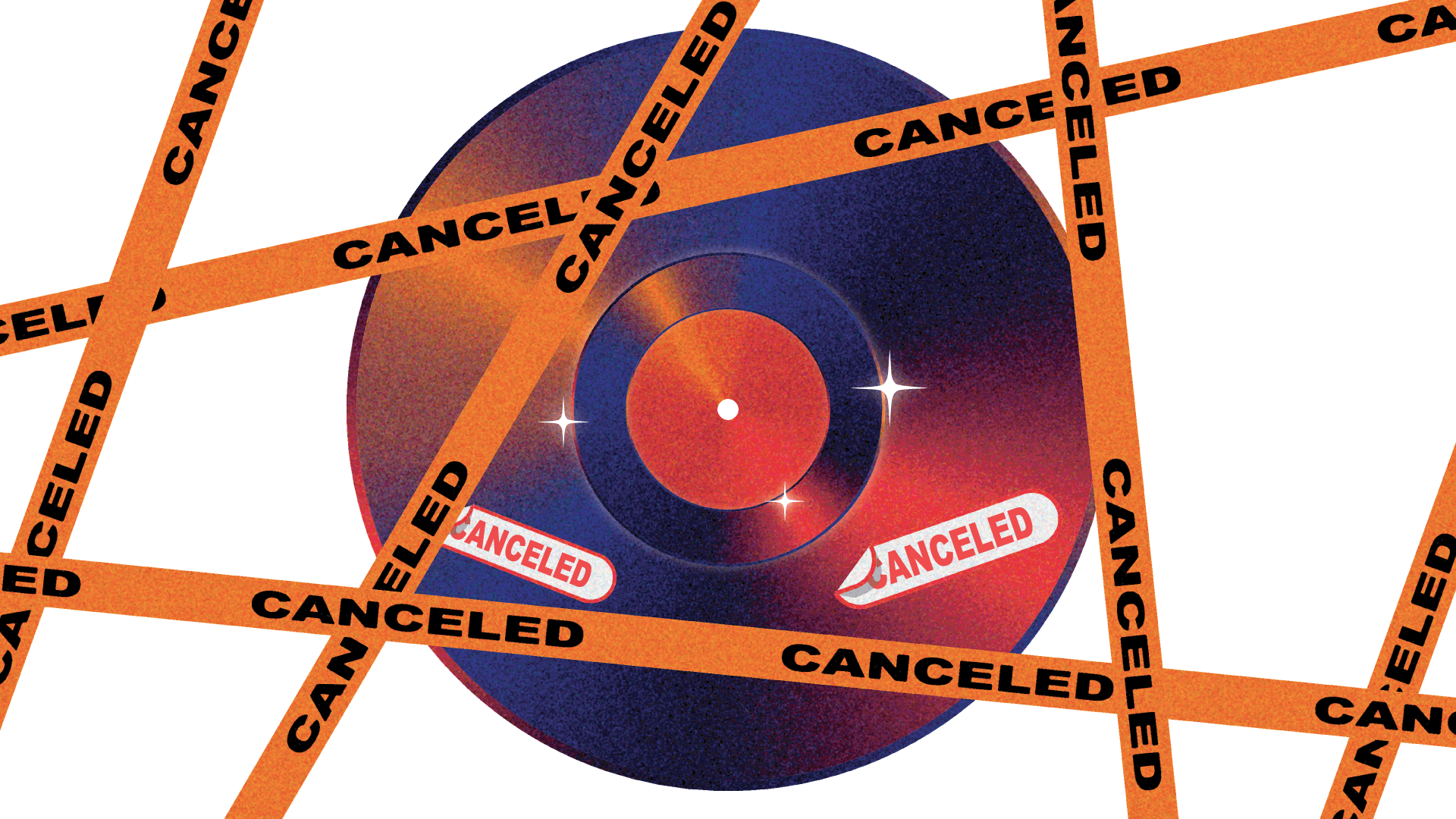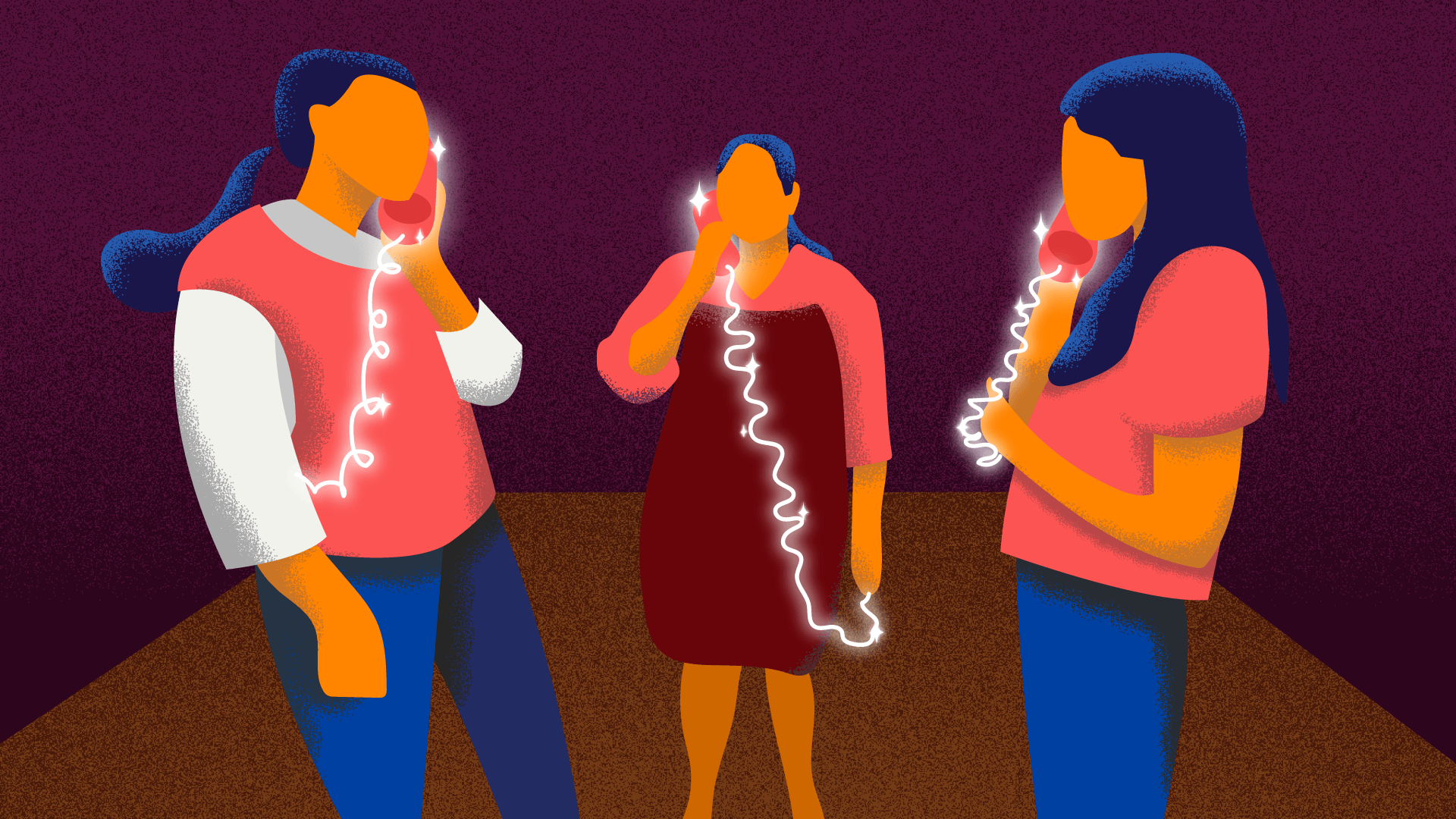What Recent Rulings Mean for Women’s Health
Two recent court rulings may become landmark decisions regarding women’s healthcare. On June 30, 2014, the U.S. Supreme Court cited the Religious Freedom Restoration Act to strike down the Affordable Care Act’s contraceptive mandate, exempting Hobby Lobby’s owners from providing insurance coverage for birth control for female employees. In Burwell v. Hobby Lobby, the Court ruled that closely-held, for-profit corporations, like Oklahoma City-based Hobby Lobby and Conestoga Woods in East Earl, Pennsylvania, could be exempt from a law if the corporation’s owners had religious objections to the law.
The ruling sparked great controversy, even among Supreme Court justices. In her dissent to the Supreme Court’s 5-4 ruling, Justice Ruth Bader Ginsberg posed the question, “Suppose an employer’s sincerely held religious belief is offended by health coverage of vaccines, or paying the minimum wage, or according women equal pay for substantially similar work?” The cost of an IUD, she also noted, is about the same as a month’s full-time pay for workers earning the minimum wage.”
For anti-abortion organizations on the religious right, the ruling has been lauded as a victory. “To finally have the HSS mandate being partially struck down really feels like the culmination of years of work and protests. This is a triumph,” Eric Scheidler, director of the Pro-Life Action League, told F Newsmagazine.
However, there has been an outcry from activists, women’s health organizations and advocates. “My response to the ruling is a mixture of anger and disappointment,” says Planned Parenthood volunteer organizer and clinic escort Netiya Shiner. “But the reality is that I’m not terribly surprised. My experience over the last four years escorting women past protesters outside of clinics has taught me that there is a small but well-funded and extremely vocal group of people in this country who are set on restricting women’s access to healthcare at all costs.”
In a statement released by Planned Parenthood Illinois, the organization condemned the ruling, stating, “Bosses of private, for-profit businesses should not be able to interfere in women’s health decisions, and neither should the politicians who want to roll back the birth control benefit entirely, taking away insurance coverage that millions of women benefit from.”
The Burwell v Hobby Lobby ruling has far-reaching implications regarding the power and rights of corporations. Many activists consider the Hobby Lobby ruling to be a continuation of Citizens United, the court decision that allows corporations the same free speech rights as people. “Beyond the restriction of women’s access to healthcare, the broader implications of the Hobby Lobby ruling are troublesome. By declaring that for-profit organizations can exempt themselves from things their shareholders don’t believe in, we are entering some very murky territory,” says Shiner.
Lorie Chaiten, director of the ACLU’s Reproductive Rights Project told F Newsmagazine, “Throughout the history of the United States we have seen a lot of people try to use religious beliefs as a justification for discrimination and we have seen those efforts denied by the courts. Now, the Supreme Court allows employers to use their religious beliefs as a justification to allow discrimination. There can be no question that the decision emboldened those who would use religion as a basis to discriminate.”
“Every American could potentially be affected by this far-reaching and shocking decision that allows bosses to reach beyond the boardroom and into their employees’ bedrooms,” said Ilyse Hogue, President of NARAL Pro-Choice America, in a statement slamming the ruling. “The majority claims that its ruling is limited, but that logic doesn’t hold up. Today it’s birth control; tomorrow it could be any personal medical decision, from starting a family to getting life-saving vaccinations or blood transfusions.”
Members of the anti-abortion movement believe that the ruling would have a positive affect on corporations and the way they are managed. “As a Christian and as a pro-lifer, I think it’s good for society if people bring their values into every aspect of their lives without getting caught up in the history of corporate law and the way corporations can be harmful to society,” says Sheidler. “The left has been arguing, rightly so, that corporations should have a consciousness about the environment, about people, but they also believe that corporations only serve profit motives.” Scheidler believes that the ruling could introduce a moral responsibility to corporations. “Society is best served when people bring their beliefs to their associations—and that’s what corporations are, associations of people.”
In McCullen v. Coakley, the Massachusetts State Supreme Court ruled on July 16, 2014 that the buffer zone law that prohibited protesting within 35 feet of the entrance to an abortion clinic violated the First Amendment. Like the Hobby Lobby ruling, this decision sparked much controversy and is as much an issue of women’s safety as it is an issue of access to healthcare. Abortion rights advocates and organizations are wary that other states may follow suit and repeal their buffer zone laws as a result of the Massachusetts Buffer Zone ruling,
“The reason I think the buffer zone case was shot down has to do entirely with the misrepresentation of the issue,” states Shiner. “I have the experience [as a clinic escort] which has shown me that this is not a question of free speech, this is a question of safety. If you look into the history of the Massachusetts buffer zone case, you’ll see that the buffer zone first came into existence after 1994, when two people were shot and killed and five others were wounded at abortion clinics.”
Anti-abortion activists deny allegations of violence and intimidation. “We hear again and again in the media about violence in the abortion clinics,” says Scheidler. “Violence is rare, vanishingly rare. We have well-established training programs and we work very hard to establish a peaceful and caring outreach.”
For clinic patients, however, the violence and intimidation isn’t rare at all. In response to the ruling, the hashtag #notcounseling appeared on Twitter and other social media sites, allowing patients and escorts to share their experiences with anti-abortion protesters at clinics. “Patient’s companion told protester to leave them alone,” one user tweeted. “Protestor threatened him with an ‘ass-kicking.’”
“What is interesting about [the case],” said Chaiten, “was that any recognition of any of the threats patients experience as they access basic medical care was absent.” The ACLU had filed a brief with the Supreme Court asking them to reexamine the case. “The ACLU encouraged the Supreme Court to evaluate the factual situation and send [the case] back to the state court so the rights of the protesters and the clinic patients would be adequately protected.” However, the Supreme Court has not acted on the brief.
Burwell v. Hobby Lobby and McCullen v. Coakley are rulings that greatly limit women’s access to basic healthcare. To preserve women’s access to healthcare, Chaiten urges those opposed to the rulings to advocate for legislative change. “The court ruled on the basis of a statute, not the constitution,” says Chaiten. She pointed out that legislative change opportunities exist at both the federal and state levels. That Americans protect the country’s anti-discrimination laws, she said, is critical. “It is up to us as citizens of the country to fight back, otherwise we will start to look like the country we don’t think we are.”





















